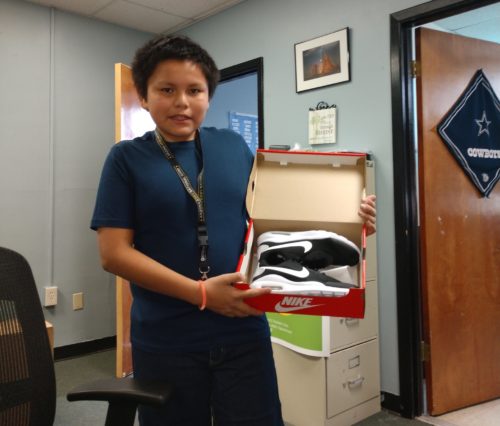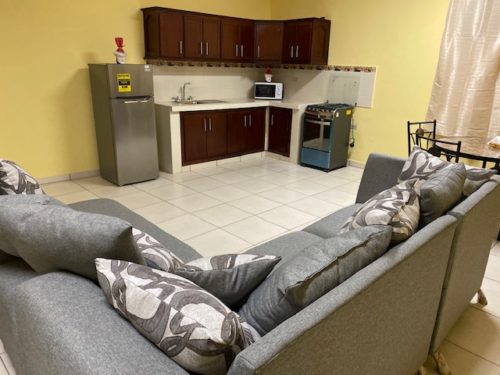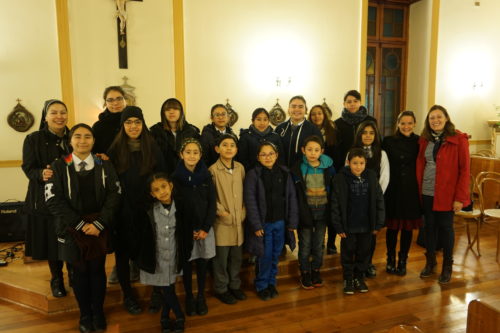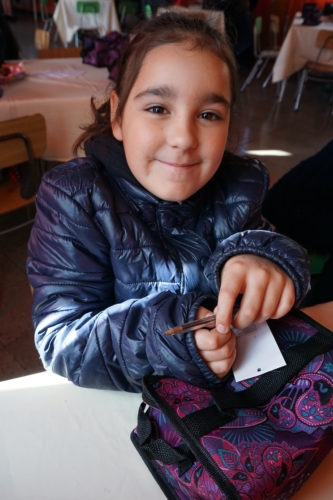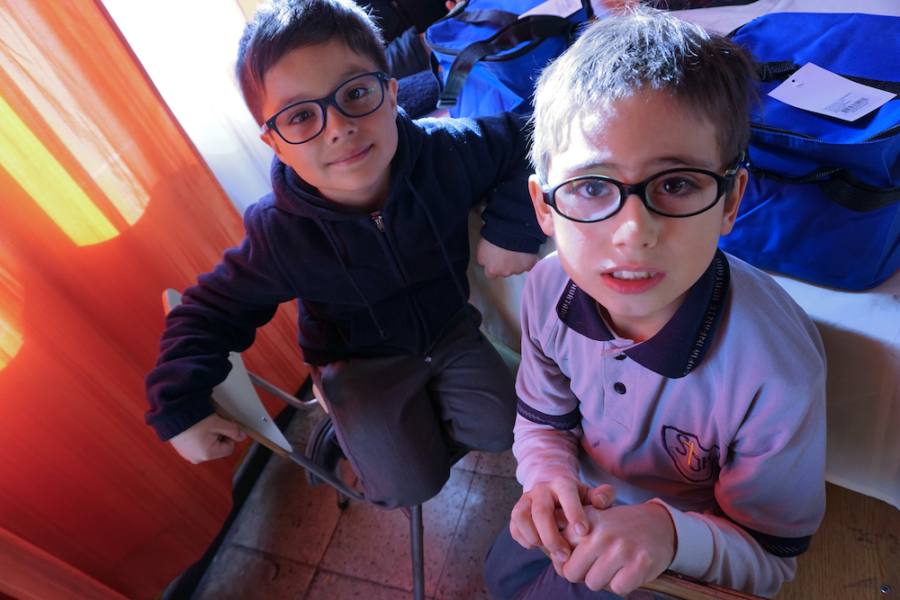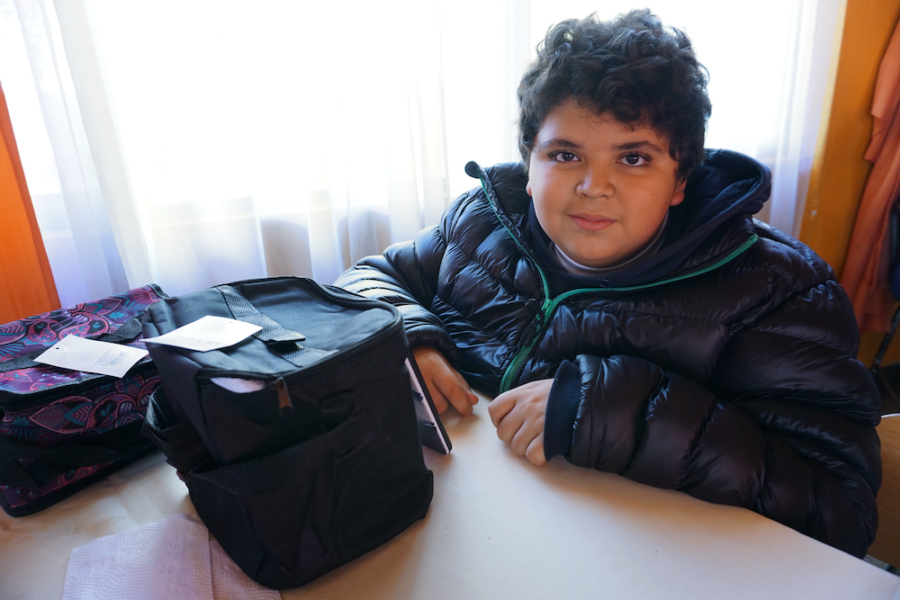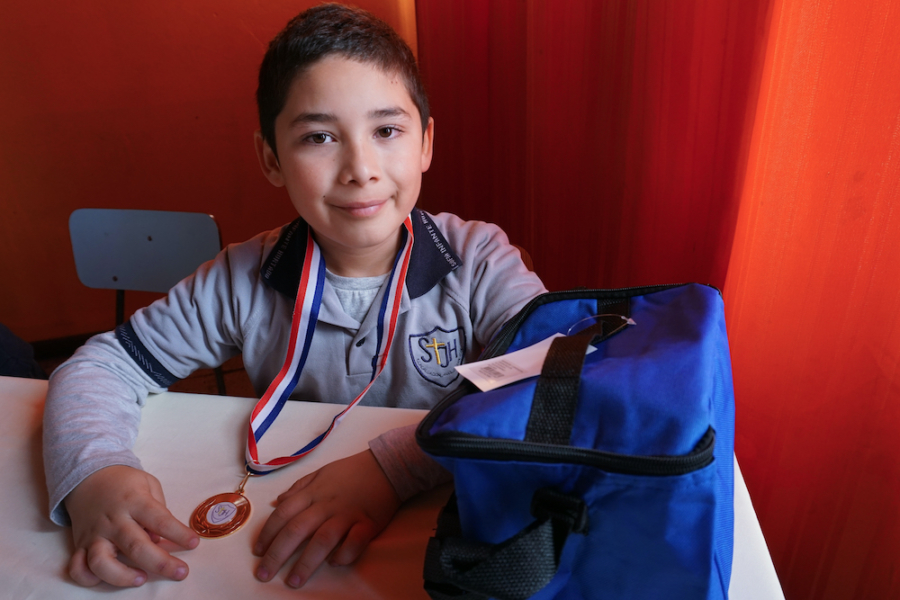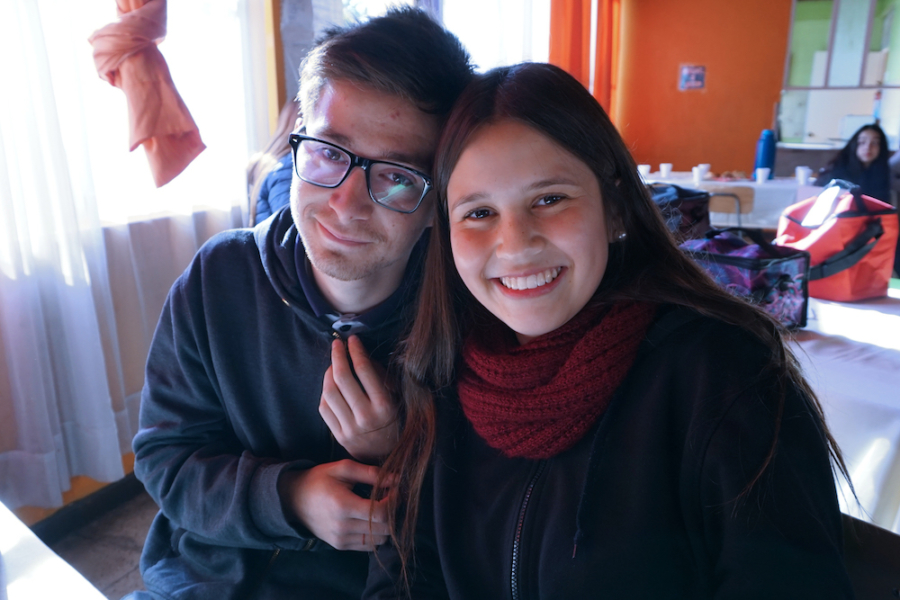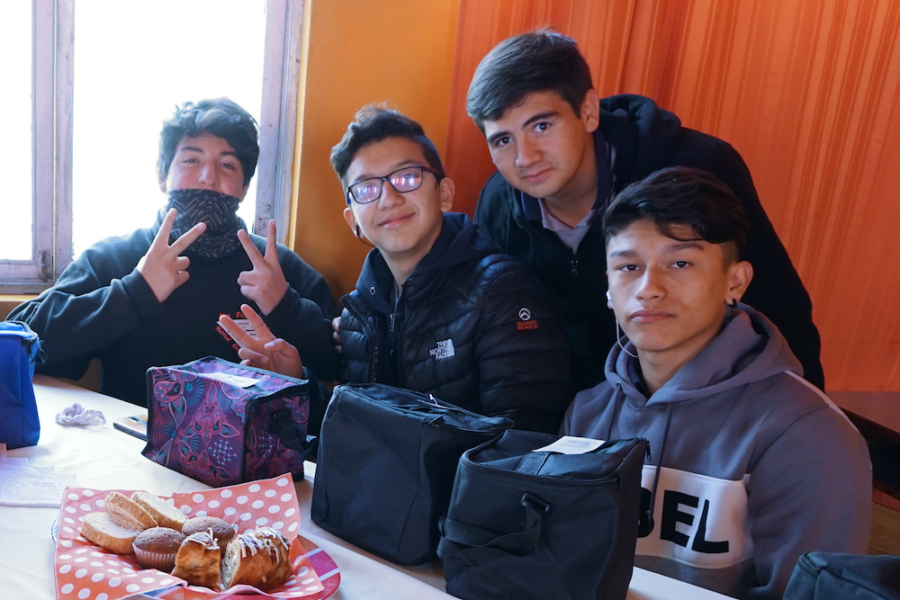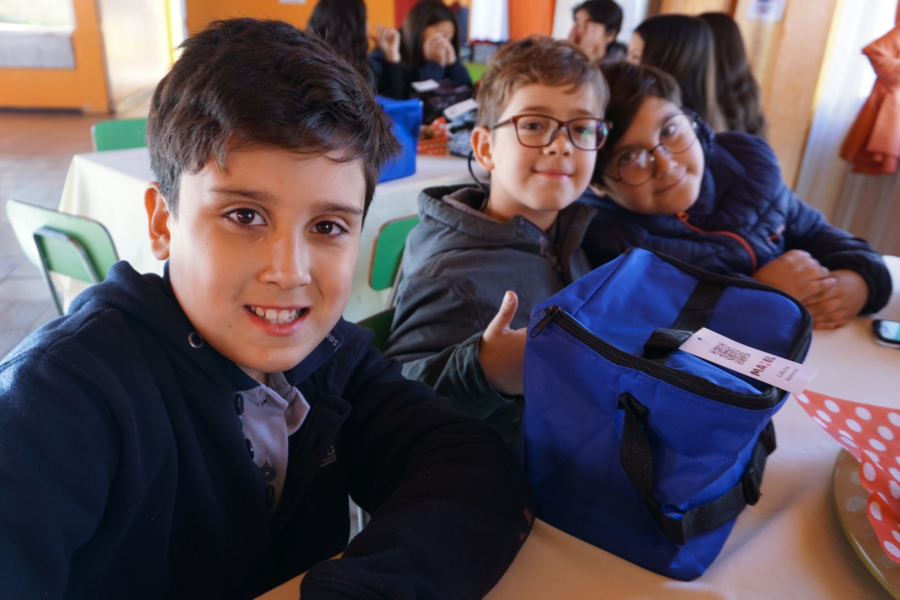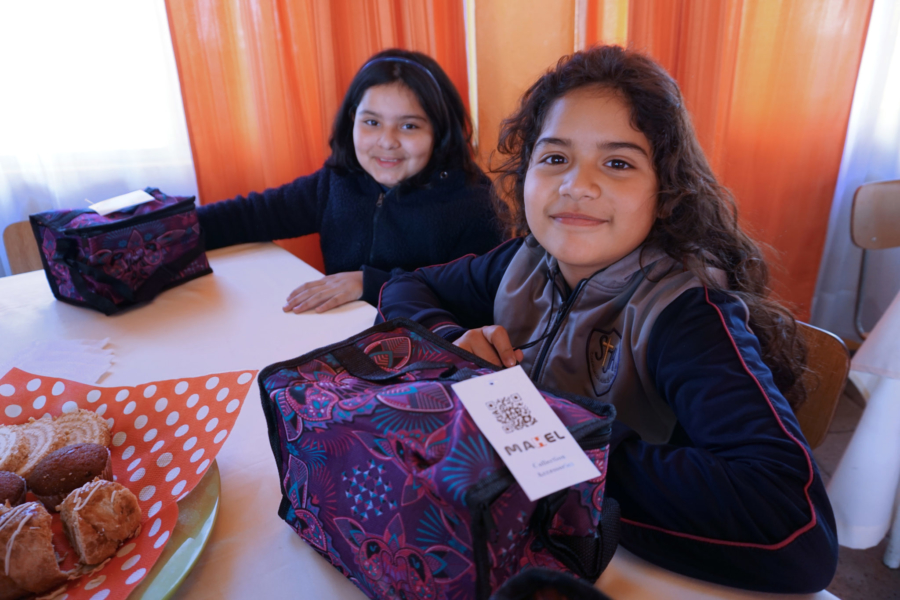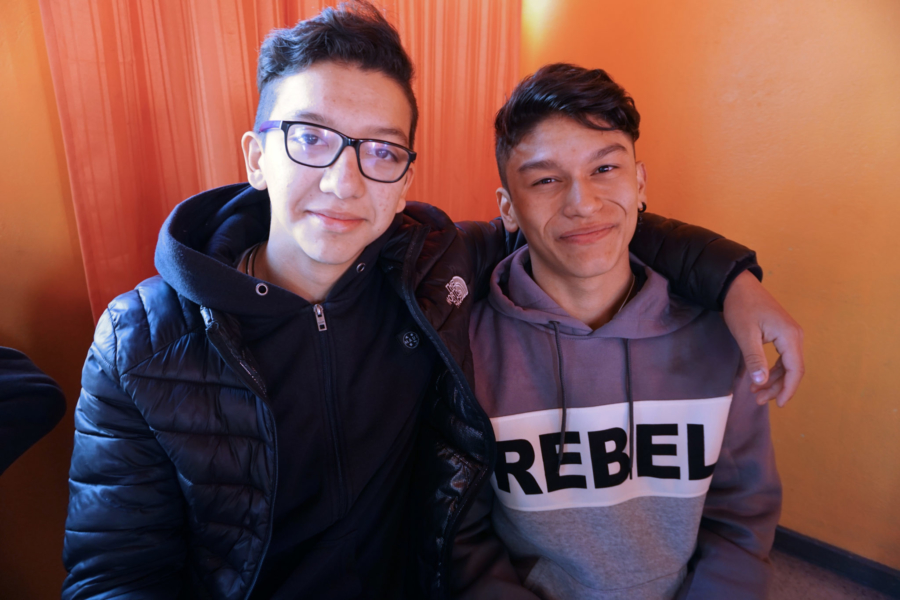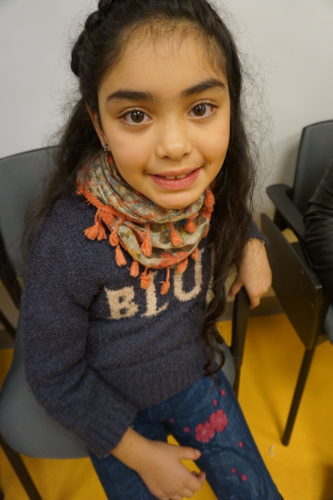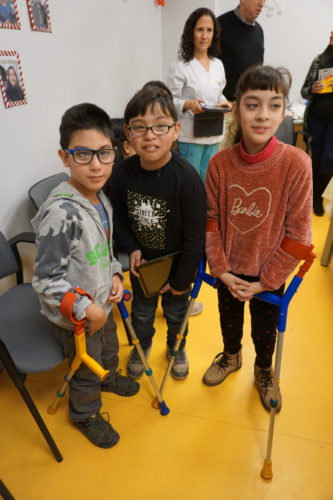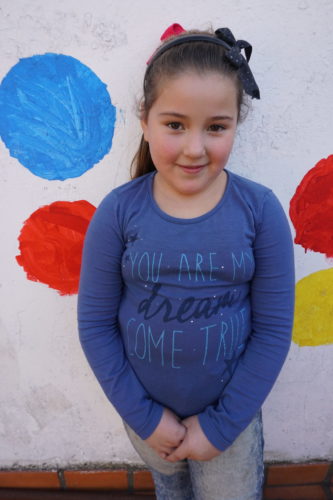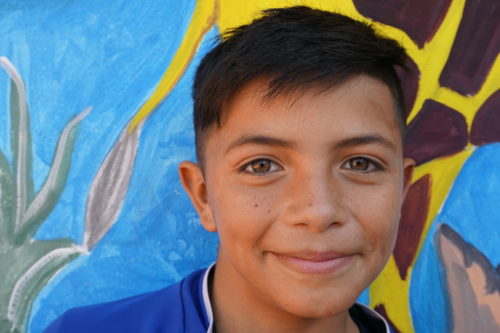Children Incorporated mourns the loss of Ms. Mary Wilson, one of the founding members of the legendary Supremes. Ms. Wilson was a big believer in our work and was herself a sponsor and contributor. I had the honor and privilege of working with and getting to know her over the last few years, and I cannot speak highly enough about her. She was compassionate, kind, and real, and she cared deeply about making our world a better place. She supported numerous causes that improved the lives of those who struggle, and her philanthropic work supported equality on all levels and encouraged fairness and honesty. She, like so many of you, loved writing to and receiving responses from her sponsored child. Miss Wilson will live on through the wonderful music she made with The Supremes, yet her passing leaves quite a void in the hearts of those who knew and loved her.
Rest in peace, Miss Wilson.
***
My mother’s sister operated a record store in our small hometown of Reidsville, North Carolina. During my childhood in the 1960s, I spent a great deal of time there. While other little boys were outside climbing trees, swinging bats, and getting into mischief, I was inside spinning records. Music was everything to me; and while I was a huge Beatlemaniac, my favorite music of all was that of The Supremes: Diana Ross, Florence Ballard, and Mary Wilson.
“Ms. Wilson had traveled all around the globe promoting peace initiatives, and her work to remove remaining landmines from war-torn countries inspired me greatly.”
– Mr. Ron Carter
The Supremes’ classic 1964 album, “Where Did Our Love Go,” was actually the first long playing record I ever owned; and as I listened to it over and over and over again, I grew to just love The Supremes. Though Diana Ross sang most of the lead vocals and was the most visible of the ladies, my favorite Supreme was always Mary Wilson.
In 2016, in my role as President and Chief Executive Officer of Children Incorporated, I decided to write to Ms. Wilson and ask her to support our work. Over the years, I had read about her charitable giving, and I knew that she had been appointed a United States Culture Connect Ambassador by former Secretary of State Colin Powell. Ms. Wilson had traveled all around the globe promoting peace initiatives, and her work to remove remaining landmines from war-torn countries inspired me greatly.
With these things in mind, I sent her a lengthy letter, filling her in on the incredible and life-changing work of Children Incorporated. Ms. Wilson responded a few months later and said that she would love to help out as her busy scheduled allowed. We corresponded back and forth a number of times over the following year until late 2017, when Ms. Wilson decided to sponsor a little girl through our organization. She chose to assist a little girl in her hometown of Detroit, Michigan.
A conversation with Ms. Wilson
Earlier this year, Ms. Wilson was scheduled to be in Detroit in support of another charitable organization that she supports in the area. She contacted me before that visit to ask if she could meet Elani*, her sponsored child, while there. The Children Incorporated staff and I were pleased to make Ms. Wilson’s desire to meet her sponsored child become a reality.
On a crystal clear yet extremely windy day in April of 2018, I escorted Ms. Wilson to a struggling school in the heart of Detroit; there, she interacted warmly with her sponsored child and members of the highly-dedicated school staff. I watched as Ms. Wilson encouraged Elani to take her education seriously and to always strive for more. The big smile on the girl’s face said it all: she had connected with her sponsor, the Supreme Ms. Mary Wilson — and Ms. Wilson with her.
Following the visit with Elani, Ms. Wilson asked me if I could take her to her favorite coffee shop before she had to return to her hotel and prepare for an afternoon radio interview. I was honored to do so, for I was in the presence of not only a loving and kind person, but also Motown Royalty. During our time together, we discussed many things: her long career, her history of supporting charitable causes, her children and mine – and I had the chance to share more details about Children Incorporated with her. I will never forget my magical day with Ms. Wilson.
The following are some of the highlights from our conversation:
Ron: Ms. Wilson, you have supported a number of charities over the years. How did you first get involved in doing charitable work? What led you to want to support these types of groups?
Ms. Wilson: After having traveled the world in the ‘60s, I had seen a lot of third world countries where poverty was just too much to bare. It was easy to see that here in America, we have it pretty good – even with all of our problems. I guess the reason I chose to sponsor a child is because I had so many things going on, including my career and my own big family. I even adopted my little cousin, Willie. Sponsorship was a way that I could give back and be a part of a child’s life. I could see that there were so many children who were not getting the love and care they needed. I decided to sponsor a child in the Philippines, and that lasted until she graduated from high school.

Ms. Wilson with Elani and her mother
Ron: You just visited a school in Detroit and got to meet Elani, the young girl you sponsor through Children Incorporated. What were your first impressions of her?
Ms. Wilson: I was very fortunate to meet Elani. Since she lives in Detroit, which I visit quite often, it worked out well. You, Ron, were extremely helpful in contacting the school in Detroit and getting permission from Elani’s mother for me to meet her. Meeting Elani, who is such a shy little girl, was very fulfilling for me. Her mother was also there to meet me, and to check out the woman who is sponsoring her daughter. Although we didn’t have much time together, since Elani had to get back to her classes, we promised to keep in touch. Elani is such a sweet little girl.
Ron: How do you feel that your support will make a difference for her?
Ms. Wilson: It is my hope that Elani will get to see that there are people who are willing to lend a helping hand. My hope is to build a friendship with her and to communicate with her through cards and letters. I’d like to become someone that Elani can “talk” to through the letters we exchange.
Ron: If you could offer Elani one bit of wisdom or advice, what would it be?
Ms. Wilson: My advice to Elani is that she should always be open to the fact that she is beautiful and gifted, and that the world is full of prospects and possibilities. I want to show her that dreams can come true, as they have in my life and career, and help her to see that she can reach for the stars. She can dare to dream.
Ron: You’re still fairly new to Children Incorporated. What are your first impressions of our organization? Why did you agree to support our work?
Ms. Wilson: I am coming to see that Children Incorporated is a loving organization. I saw that very early on when you made a great effort to arrange my meeting with Elani. You are very passionate, Ron, about your work, and you reached out to help me become acquainted with the Children Incorporated sponsorship program on several occasions. So far, I have only met a few of the others who are part of the team – the women who serve as your volunteers at the school that Elani attends. But everyone seems to be very passionate about the work. It is not just about getting a paycheck; you all seem to have a real passion for helping children.
Ron: That is true, Ms. Wilson, and I think that is what makes Children Incorporated so special. The work is personal; our goal is always to improve the lives of children, and I know that is also a passion of yours.
Ms. Wilson: I always look for organizations that help children. You’re right, Ron – that is a passion of mine.
Ron: A few years back, former Secretary of State Colin Powell recognized you as a Cultural Ambassador for the United States. I’m sure that was an incredible honor.
Ms. Wilson: Yes! What an honor it was for me to become a Cultural Ambassador for the United States! Through another organization that I was supporting, I met a woman named Patricia Harris in Washington, D.C. Ms. Harris suggested to Secretary of State Colin Powell that I become part of his program under President George W. Bush – and that is how I was appointed as one of the Cultural Ambassadors. Then I traveled around the world, working as an ambassador for peace. It was an incredible honor and a wonderful experience!
Ron: You’ve had a very long and fruitful career. Looking back, what, off the top of your head, are just a few of the highlights or things that were especially meaningful to you?
Ms. Wilson: I am a truly blessed person. Coming from very humble beginnings and truly living the “American Dream” of becoming a star has been most gratifying. We, The Supremes, did some great things in our career. Being on the Ed Sullivan Show fifteen times was one of them. We also gave command performances for the royal family in Great Britain. Along the way, we were inducted into the various halls of fame. And of course, having all those number-one records around the world was one the biggest thrills of all! Oh, and there is also a star on Hollywood Boulevard.
“Sponsorship was a way that I could give back and be a part of a child’s life. I could see that there were so many children who were not getting the love and care they needed.”
– Ms. Wilson
Ron: Just last year, you had a top-twenty hit, “Time to Move On,” on the Billboard Dance/Electronic chart. It must have been very affirming to see yourself on the charts after so many years.
Ms. Wilson: The music industry has changed so much over the years. I am one of the lucky ones to still be performing after fifty years. Getting a record onto the charts today is not easy. The charts today are made up of a very young generation of singers. Even though we were also young people when we were having our hits, there were a lot of different styles of music out back then. More people got a chance to have hits. It isn’t that way now. Digital downloads and music subscriptions have also taken a big toll on how people share their music. I was very lucky to get a top-twenty hit last year, and I hope to follow it up with another one. I am in the studio now doing some recording, and will have a product out soon.
Ron: You have worked tirelessly to keep The Supremes’ legacy alive. You’ve helped with archival record releases, and I understand you are now working on a new book about the group.
Ms. Wilson: Yes, some have said that I have been the keeper of The Supremes’ legacy – but I also want people to know that I do not live in the past. I have many new projects going on; and presently, I am working on another book that will come out next year. Also, as I mentioned, another recording is in the works.
Ron, I want to thank all of the fans who have stood by our music throughout the years. They must know how very much they are appreciated by me, and I am sure by Diane (Diana Ross) as well. Flo (Florence Ballard) would feel the same gratitude if she were still alive.
Ron: You’ve said many times that people should dare to dream – that dreams do come true – and you’ve certainly seen some of your dreams become reality. Are there other things you still wish to accomplish – dreams you have yet to see realized?
Ms. Wilson: There are a couple of issues that I am very passionate about. I, as well as many others in the music industry, am working on the CLASSICS (Compensating Legacy Artists for their Songs, Service, & Important Contributions to Society) Act bill. This deals with records made prior to 1972. Artists who recorded their hits prior to then do not currently get paid when their records are played on the air. This is so unfair. Much of the greatest music was recorded in the years prior to 1972, and those songs are still played on the radio all the time – yet the artists are not being paid.
I am also continuing to work on the Truth in Music Advertising bill. This one deals with the fact that there are many bogus groups on the road now, claiming to be originals when, in fact, none of the members are original. People go to see a group they loved in the 1960s or 1970s, for example, yet what they get is not the original group. I have been working on this for many years, and I recently addressed Congress about this very important matter.
Ron: Ms. Wilson, do you have any final words of encouragement for Elani, your sponsored child?
Ms. Wilson: Again, I just wish her happiness. I want her to have hope, and I want her to dream of possibilities. I want her to know that there are good people in this world who care about others and are willing to help out when help is needed. Children Incorporated is like that, and I am very proud to be part of this organization!
*Named changed for child’s protection.
***
HOW DO I SPONSOR A CHILD with children incorporated?
You can sponsor a child with Children Incorporated in one of three ways: call our office at 1-800-538-5381 and speak with one of our staff members, or email us at sponsorship@children-inc.org, or follow the link below.
SPONSOR A CHILD
